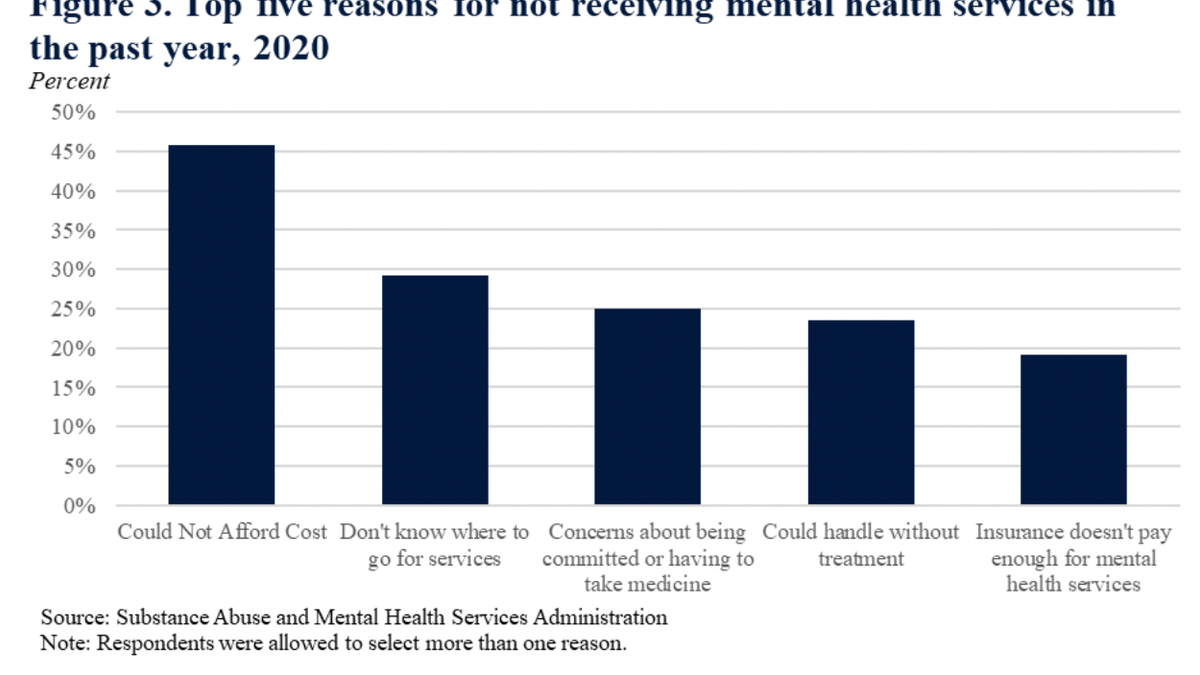Finding a therapist can be difficult. It’s especially tough for people searching for an in-network provider that’s culturally competent towards their life experiences.
Alma’s foundation was built on making mental health care more accessible for a larger group of people. And a top priority for Alma is addressing concerns about finding care that aligns with a person’s lived experiences.
Continue reading for insight into the influences that shaped Alma’s platform. We’ll also touch on the areas that structured our clinical perspective on mental health care.
This content was produced as part of Alma’s Open Sessions Campaign – where we hear from therapists themselves as they discuss current issues in mental health care. Pay close attention to Alma for related content.
Alma’s Influence: Providing culturally competent care
People want to speak with therapists that understand their personal and cultural values.
In other words, mental health seekers crave someone that “gets” them in a way that another therapist won’t. This is commonly referred to as cultural competency.
What’s cultural competency?
Cultural competency describes mental health care that acknowledges and considers your lived experiences and other social or cultural norms. Culturally competent therapists are positioned to better understand and address concerns related to race, gender, sexuality, income, and other sensitive areas.
Alma’s provider directory eases the process of finding a therapist that aligns with your specific gender, race, or sexuality.
For example, a Black person searching for a therapist can filter Alma’s directory to only view Black mental health care providers. This works to improve that client’s health outcome, and helps eliminate the racial disparities that exist in mental health treatment.
The origins of psychology were largely racist, sexist, and downplayed the concerns of many marginalized groups. Alma is working to right these wrongs by offering relevant mental health care to those who need it.
Alma’s Influence: Making Mental Health Care More Accessible

The White House found that affordability was the biggest reason why people didn’t receive the care they needed. Financial issues are likely to grow as inflation and rents continue to increase – lessening the amount of disposable income available for people to spend on mental health care.
Alma believes therapy should be accessible for people from different socioeconomic backgrounds. And we’re working to curb the issue of affordability by accepting a range of various insurance providers – users can also filter by insurance as they browse Alma’s provider directory.
Alma’s Influence: Take the stress out of finding a therapist
Alma believes finding quality mental health care and scheduling appointments should be stress-free.
Alma empowers users to make the right decisions regarding their care by:
- Offering an online provider directory that’s home to a diverse network of therapists
- Building therapist profiles that share more about their training, experience, specialty, and their specific approach to mental health care
- Making it easy to schedule a consultation so users can share their goals and learn more about how that clinician can help them
Alma’s Influence starts and ends with the user
Regardless of one’s identity or background, Alma works to offer culturally competent care that’s both accessible and easy to use. Alma’s directory have access to a diverse network of over 10,000 therapists in the United States, see it in action for yourself.
Dec 19, 2022

Looking for a therapist?
Get tips on finding a therapist who gets you.
By submitting this form, you are agreeing to Alma's privacy policy.

